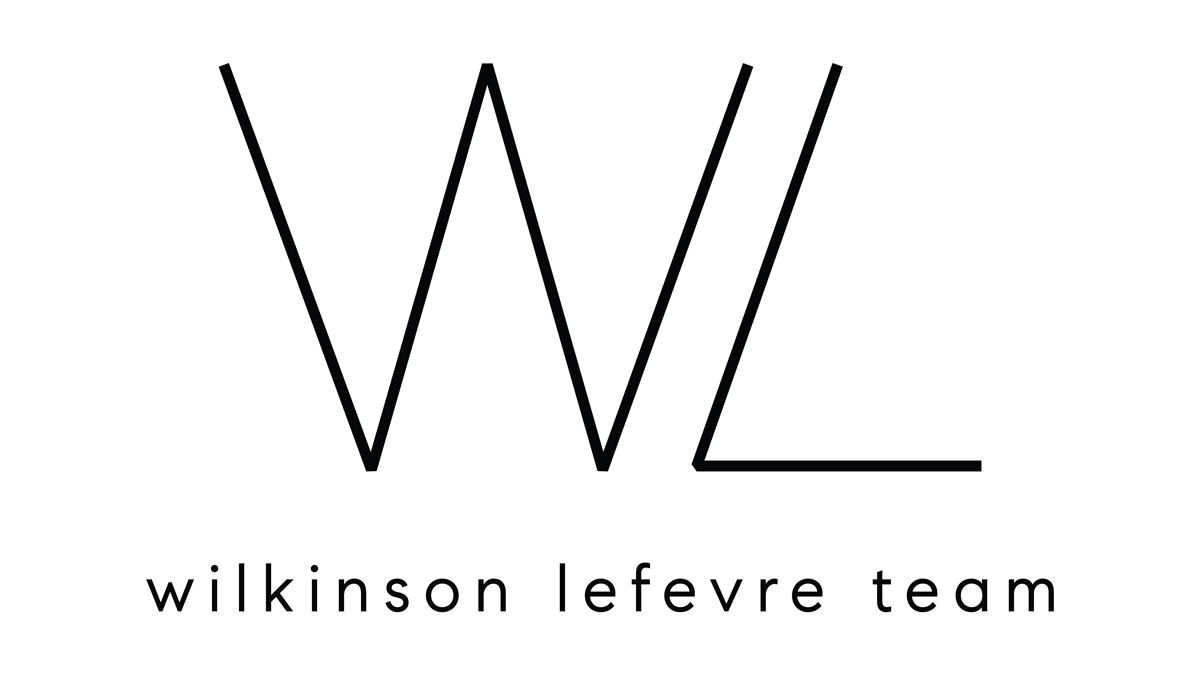Recently we’ve been discussing the premium many buyers have been putting on move-in ready, renovated properties. With that in mind, you might be thinking – what about those other apartments that require a little more effort?
It might be something to consider. We’ve been seeing non-renovated apartments spending longer on the market, with a higher likelihood for buyer negotiability and potential value.
Navigating the renovation approval process with the co-op or condo board can be a complex journey, but understanding the steps involved can make the process smoother and more successful. Let’s dive into what you would need to know before beginning a renovation journey.
First and foremost, it’s essential to familiarize yourself with your building’s specific renovation guidelines and policies. Co-op and condo boards can be quite meticulous when it comes to approving renovations, so knowing the rules upfront can save you time and frustration down the line. Each building has its own set of guidelines, so it’s crucial to understand your board’s particular policy before proceeding with any work.
Alteration vs Decoration Agreement
The approval process typically begins with obtaining the alteration agreement—a standard contract outlining your responsibilities in the renovation process. This agreement covers everything from adhering to building codes and laws to outlining who is responsible if something goes wrong.
It is not unusual for a building to alternatively have a Decoration Agreement. This is a much less involved document for minor, more cosmetic work. It usually focusses on insurance requirements and the scheduling of workers and materials in and out of the building.
For more involved renovations, the full Alteration Agreement will be required and many times, you would need to hire an architect as well. Your architect would draft a formal letter to the board outlining the proposed work and provide plans, insurance certificates, and licenses.
Also, expect the board to hire its own architect or engineer, at your expense, to review the plans for compliance and potential risks. You may also need to meet with board members and the building manager to discuss the terms of the renovation and address any questions or concerns they may have. This process can involve some back and forth, so be prepared for thorough scrutiny.

Timing is Everything
The approval timeline can vary depending on the complexity of the project. While smaller renovations (like those falling under a decoration agreement) may be approved within a couple of weeks, more extensive projects, such as combining apartments or altering layouts, can take months. Being proactive and submitting plans early can improve your chances of a timely approval, especially considering any building-imposed restrictions on renovation timing or frequency.
Being on good terms with your Board and neighbors, as well as the building’s management can help smooth the approval process and mitigate any potential conflicts.
Communication is key throughout the renovation process. Collaborating with your architect, contractor, and building professionals can help address concerns and ensure a successful outcome. Remember to strike a collaborative tone with the board, anticipate questions and concerns, and be responsive to feedback.
Avoid Unauthorized Renovations
It is very important to note that unauthorized renovations can have severe consequences, including hefty fines, project delays, and safety risks. It’s crucial to adhere to the building’s policies and obtain proper permits to avoid any legal or financial repercussions.
Bottom Line
When it comes to prepping for success, two things are crucial: gather intel early and surround yourself with an all-star team of professionals you can trust. With a solid plan and the right people in your corner, your renovation journey can be a smooth ride to a lucrative investment.
As always, please email or call with any questions. We would be happy to have a deeper discussion if real estate is on your mind. Feel free to contact us anytime!

